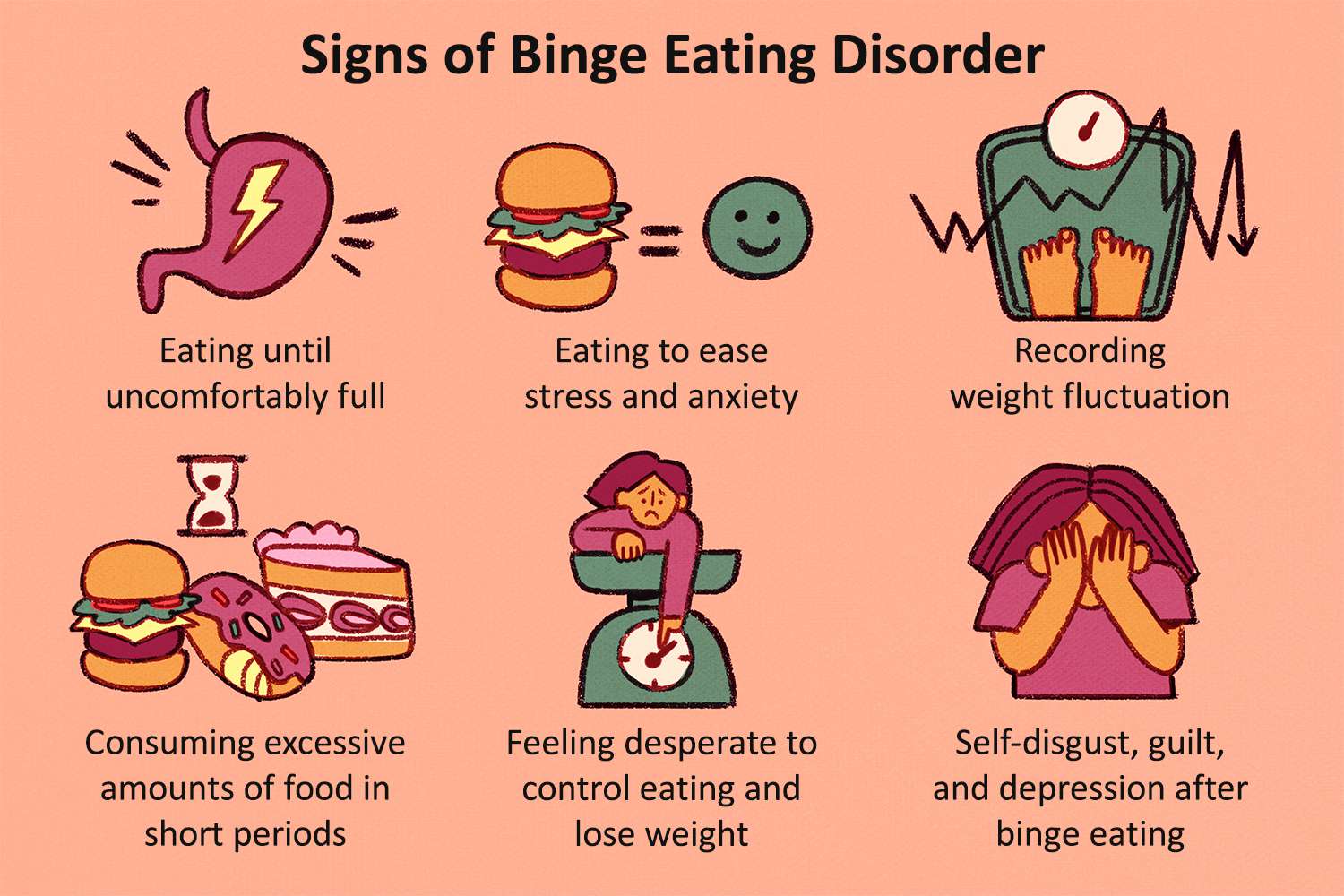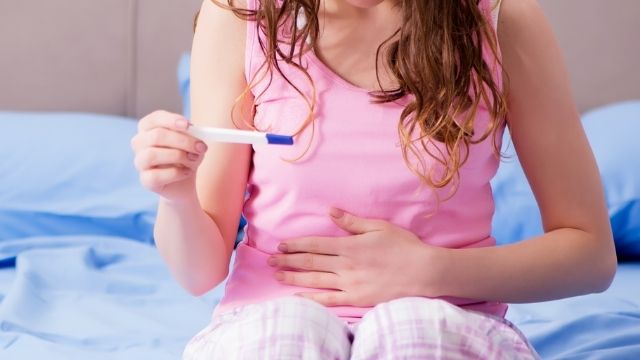Male hypoactive sexual desire disorder (HSDD) is a type of sexual dysfunction that occurs when a man has a persistent lack or absence of sexual desire or interest. It can be a frustrating and distressing condition for both the individual and their partner. Male HSDD can be caused by a range of factors, including psychological and physical factors.
Psychological factors that can contribute to male HSDD include anxiety, depression, stress, relationship problems, and a history of sexual trauma. These factors can lead to a decrease in sexual desire, as well as difficulties with sexual performance. For example, anxiety about sexual performance can lead to a man avoiding sexual activity or experiencing difficulty achieving or maintaining an erection, which can make it more difficult to enjoy sexual experiences.
Physical factors that can contribute to male HSDD include hormonal imbalances, medication side effects, chronic illness, and aging. Certain medications, such as antidepressants or blood pressure medications, can also cause male HSDD as a side effect. Testosterone deficiency can also contribute to male HSDD, as testosterone plays a key role in regulating sexual desire and interest.
The symptoms of male HSDD can vary from person to person. Some men may have a complete lack of interest in sexual activity, while others may have a decreased interest in sexual activity compared to what they previously experienced. Male HSDD is not the same as erectile dysfunction, which is the inability to achieve or maintain an erection sufficient for sexual activity.
Treatment for male HSDD will depend on the underlying cause of the condition. In some cases, psychotherapy or counseling may be recommended to address psychological factors that may be contributing to the problem. In other cases, medication or hormone therapy may be recommended to address physical factors that may be causing the condition.
In some cases, lifestyle changes such as exercise and diet may be recommended to improve overall health and address underlying physical factors. Couples therapy may also be recommended to address relationship issues that may be contributing to the problem. Couples therapy can help improve communication and intimacy, and may also provide strategies for addressing sexual issues and improving sexual satisfaction.
Male hypoactive sexual desire disorder is a type of sexual dysfunction that can be caused by a range of psychological and physical factors. Treatment options may include psychotherapy, medication, hormone therapy, lifestyle changes, or couples therapy, depending on the underlying cause of the condition.









 Infertility can be a difficult and emotionally trying experience for women, as the desire to have children is often deeply ingrained in our society’s expectations of femininity and motherhood. There are many medical interventions that can help women overcome infertility, such as fertility drugs, in vitro fertilization (IVF), and other assisted reproductive technologies. However, these interventions can be expensive and are not always successful, leaving many women feeling frustrated, discouraged, and hopeless. In addition to the physical and emotional toll that infertility can take on women, there is also the social stigma that often accompanies the condition, which can lead to feelings of shame, isolation, and inadequacy. It is important for society to be more understanding and supportive of women struggling with infertility, and for women to have access to the medical and emotional resources they need to cope with this challenging condition.
Infertility can be a difficult and emotionally trying experience for women, as the desire to have children is often deeply ingrained in our society’s expectations of femininity and motherhood. There are many medical interventions that can help women overcome infertility, such as fertility drugs, in vitro fertilization (IVF), and other assisted reproductive technologies. However, these interventions can be expensive and are not always successful, leaving many women feeling frustrated, discouraged, and hopeless. In addition to the physical and emotional toll that infertility can take on women, there is also the social stigma that often accompanies the condition, which can lead to feelings of shame, isolation, and inadequacy. It is important for society to be more understanding and supportive of women struggling with infertility, and for women to have access to the medical and emotional resources they need to cope with this challenging condition.